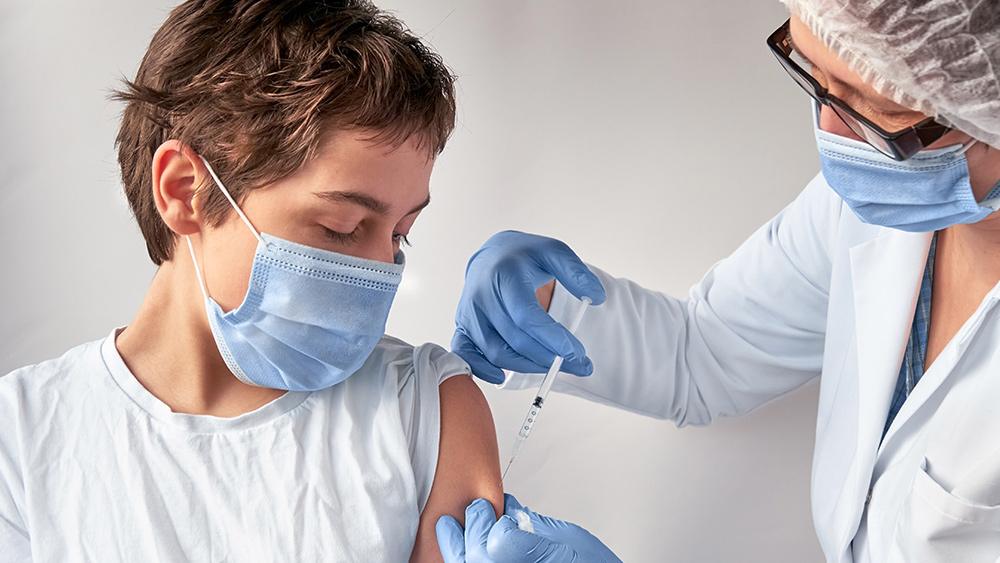
- Aspirin may slow the spread of breast, bowel, and prostate cancers by enhancing the immune system’s ability to target cancer cells.
- Researchers discovered aspirin blocks thromboxane A2 (TXA2), which weakens T cells, allowing them to attack cancer more effectively.
- Previous studies linked aspirin use to reduced cancer mortality and recurrence, but the mechanism was unclear until now.
- Aspirin could be most effective in early-stage cancer, offering a cost-effective treatment option, especially in low-resource settings.
- Experts warn against self-medicating due to risks like internal bleeding, and further clinical trials are needed to refine its use.
In a remarkable twist of scientific serendipity, researchers have uncovered how aspirin, a common over-the-counter painkiller, may help slow the spread of certain cancers, including breast, bowel, and prostate.
The discovery, published in the journal Nature, sheds light on how the drug enhances the immune system’s ability to combat cancer cells — a finding that could lead to more accessible and cost-effective treatments for patients worldwide.
The breakthrough came unexpectedly while scientists at the University of Cambridge were studying how the immune system responds to cancer. They found that aspirin blocks a chemical called thromboxane A2 (TXA2), which is produced by blood platelets. TXA2 weakens the body’s T cells, a type of immune cell crucial for attacking cancer. By inhibiting TXA2, aspirin essentially “unleashes” T cells, allowing them to target and destroy cancer cells more effectively.
“It was a Eureka moment,” said Dr. Jie Yang, a lead researcher on the study. “We weren’t even looking at aspirin initially, but this discovery sent us down a completely new path of inquiry.”
A long history of potential
Aspirin’s potential to combat cancer isn’t entirely new. Previous studies have hinted at its benefits. A 2021 analysis of over 140,000 breast cancer patients found that regular aspirin use was linked to a 31% reduction in cancer-specific mortality and a 9% decrease in the risk of recurrence or metastasis. Similarly, a 2020 study showed that aspirin could reduce the risk of colon cancer by more than 25%.
However, until now, the mechanism behind these effects remained unclear. The new research not only explains how aspirin works but also highlights its potential to prevent cancer from spreading—a critical factor in reducing cancer-related deaths. Metastasis, the process by which cancer spreads to other parts of the body, is responsible for 90% of cancer fatalities.
A window of opportunity
The study suggests that aspirin could be particularly effective in the early stages of cancer, when cells are most vulnerable to immune attack. “When cancer first spreads, there’s a unique therapeutic window of opportunity,” said Professor Rahul Roychoudhuri, the study’s lead author. “Therapies that target this window could have tremendous scope in preventing recurrence.”
This discovery could make aspirin a valuable tool in the fight against cancer, especially in low-resource settings. “Aspirin, or other drugs that target this pathway, have the potential to be less expensive than antibody-based therapies and therefore more accessible globally,” Dr. Yang added.
Further research is needed
While the findings are promising, experts caution against self-medicating with aspirin. The drug is not without risks, including the potential for internal bleeding and stomach ulcers. “It’s important to understand which patients are most likely to benefit and always talk to your doctor before starting aspirin,” said Professor Ruth Langley, who is leading a separate clinical trial on aspirin’s effects on cancer.
The next steps involve large-scale clinical trials to determine which cancer types and patient populations would benefit most from aspirin therapy. Researchers are also exploring the development of new drugs that mimic aspirin’s benefits without its side effects.
This accidental discovery underscores the importance of curiosity-driven research and the potential for everyday medications to have life-saving applications. While aspirin is not a cure-all, its ability to enhance the immune system’s fight against cancer offers a glimmer of hope for millions of patients worldwide. As scientists continue to unravel the complexities of cancer and the immune system, aspirin’s role in this battle may prove to be a game-changer—one small pill at a time.
Sources for this article include:
Please contact us for more information.





















